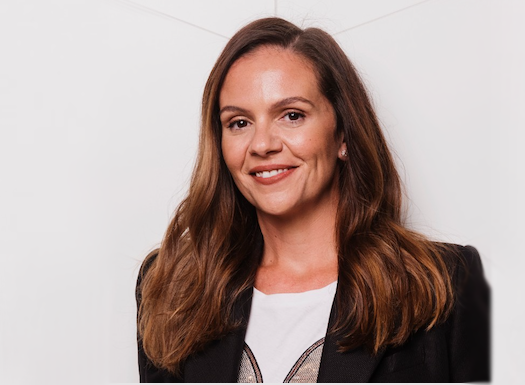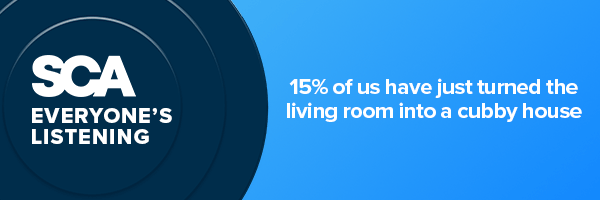Google Australia’s Managing Director Mel Silva has responded to the latest fall out from the Digital Platforms Inquiry, which will mandate that Google must pay fees to media companies for their journalism.
The Australian Competition and Consumer Commission (ACCC) initially proposed a voluntary code to govern the relationships between digital platforms and news companies, but later the ACCC and the government concluded that the digital platforms did not negotiate in “good faith,” so have moved to make the code mandatory.
Treasurer Josh Frydenberg said: “On the fundamental issue of payment for content, which the code was seeking to resolve, there was no meaningful progress and, in the words of the ACCC, ‘no expectation of any even being made… It is only fair that the search engines and social media giants pay for the original news content that they use to drive traffic to their sites.”
Commercial radio, like most other established media, welcomed the code.
Mel Silva responded to the news by addressing “some misconceptions” and “explaining” how Google “works with a wide range of publishers, large and small.”
She wrote in the blog:
From the outset, Google actively engaged in the voluntary code process. Google acted in good faith, working constructively by consulting with more than 25 news media businesses – broadcasters, print and online publishers from metro and regional areas. We met with some publishers on multiple occasions to work through and understand complex issues. The ACCC asked Google to deliver a progress report by the end of April, which we were on track to deliver before the Government changed the deadlines and shifted focus to a mandatory code. We have sought to be constructive in our approach from the outset and have provided our update to the ACCC this week.
Addressing the question of whether Google makes money from publishers, she said:
People have come to Google for reliable information for more than twenty years. On Google Search, we show a range of results based on a user’s query and provide links to the relevant website. In the case of news, publishers can determine how those results appear, setting the length of the short snippet from a story or turning snippets off entirely. Studies show that snippets encourage people to click through to websites, meaning that publishers get more visitors seeing ads on their sites.
All publishers on the internet want to be found by new users, alongside businesses that include news media interests. Publishers have always been able to decide whether their content shows up in Google Search. Most choose to be found via Google to attract more visitors to their sites. This is traffic they say is important for their businesses, allowing them to build relationships and make money by showing people ads or opportunities to subscribe to their publications. News media businesses recognise the economic value they receive from this referral traffic.
Silva equated the actions of Google to the old newsagent model of newspaper distribution, but did not make any comparisons with radio.
In contrast, Google Search sends readers from Australia and all over the world to the publishers’ sites for free – helping them to generate advertising revenues from those audiences and convert them into paying subscribers. The traffic we send has substantial value. In 2018 alone, Google sent more than two billion visits to Australian news sites from Australian users, and a further billion visits from users outside Australia.
Everyone benefits from this exchange. While news content has significant social value, it is often difficult to make money from. And primarily news-seeking queries make up only a tiny percentage of queries we see. But by including news results next to other search results, we encourage users to click to view stories they might not have otherwise read, giving publishers the ability to show ads against those stories.
She says the company will continue to work with governments and publishers to “deliver relevant and helpful information for Australian consumers.”
Subscribe to the radioinfo daily flash briefing podcast on these platforms: Acast, Apple iTunes Podcasts, Podtail, Spotify, Google Podcasts, TuneIn, or wherever you get your podcasts.




